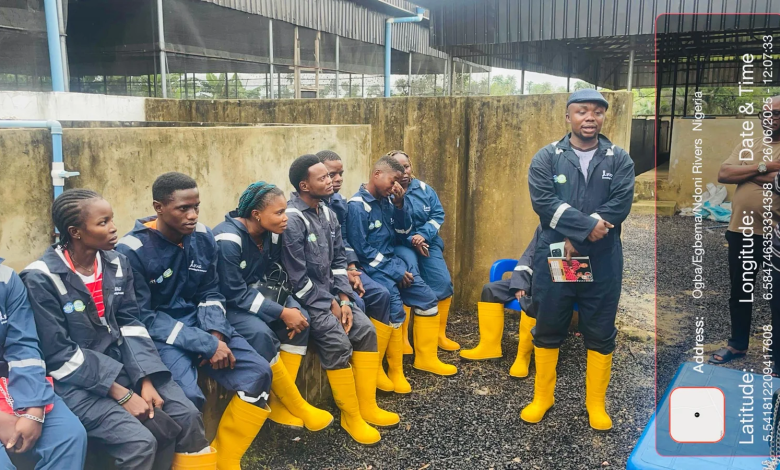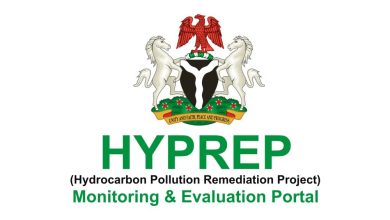Niger Delta
NDDC commits $5m to LIFE-ND in 3 states

The Niger Delta Development Commission (NDDC) has committed five million dollars to support the implementation of the Livelihood Improvement and Family Enterprises Project in the Niger Delta (LIFE-ND) across three states.
The states benefiting from the intervention are Akwa Ibom, Imo and Rivers.
The Managing Director of the NDDC, Dr. Samuel Ogbuku, disclosed this in a statement made available to the News Agency of Nigeria (NAN) in Abuja on Thursday.
This follows an inspection tour of incubator and incubatee centres in the three states.
NAN reports that the Federal Government/International Fund for Agricultural Development (IFAD)-LIFE-ND project, currently in two phases, is designed to transform rural economies in the Niger Delta through sustainable agri-entrepreneurship.
The first phase, which began in 2019 and is scheduled to run through 2025, is financed by IFAD with a funding commitment of 60 million dollars.
It currently covers Abia, Bayelsa, Cross River, Delta, Edo and Ondo states.
In August 2024, NDDC began implementation of the project in its selected states, starting with an initial commitment of 2.5 million dollars.
The total NDDC pledge for the LIFE-ND project is 30 million dollars.
Ogbuku said the funding is aimed at enhancing livelihoods and creating economic opportunities for youth and women in rural communities.
“The overall goal of the LIFE-ND project is to achieve a transformed rural economy in the Niger Delta, from which the rural population can derive prosperity and equal benefit,” he said.
According to him, the project development objective is to enhance income, food security and job creation through agri-enterprise development in a sustainable manner.
He explained that the project has two main components: enhancing economic opportunities for rural youth and women, and effective project management and coordination.
Ogbuku noted the importance of the incubator/incubatee model adopted under the project, calling it a community-based master–apprenticeship approach that promotes awareness, ownership and sustainability.
He noted that teams from the national and state project coordinating offices are involved in the implementation process across the participating states.
The managing director expressed satisfaction with the progress recorded in the level of skills acquired by incubatees under the programme.
“The incubators and incubatees are key players in the LIFE-ND incubation model.
“Each state is expected to empower 4,250 beneficiaries within the six-year implementation period, with a deliberate effort to achieve gender balance,” he said.
On commodity focus, he said Akwa Ibom is targeting cassava, oil palm, poultry and aquaculture, while Imo is focusing on cassava, rice, poultry and aquaculture.
“Rivers is working with cassava, plantain, poultry and aquaculture.
“These commodities are implemented along the agricultural value chain, from production to processing and marketing,” he added.



